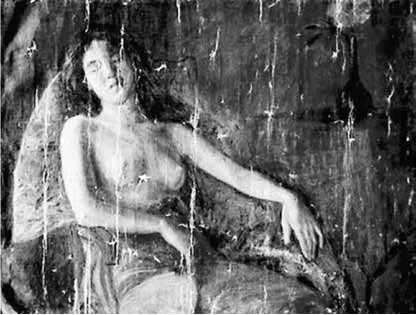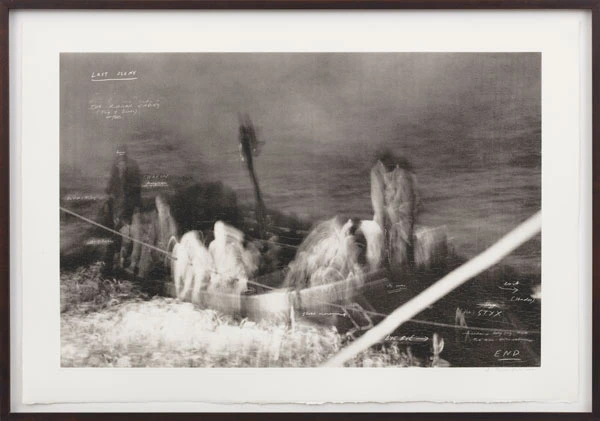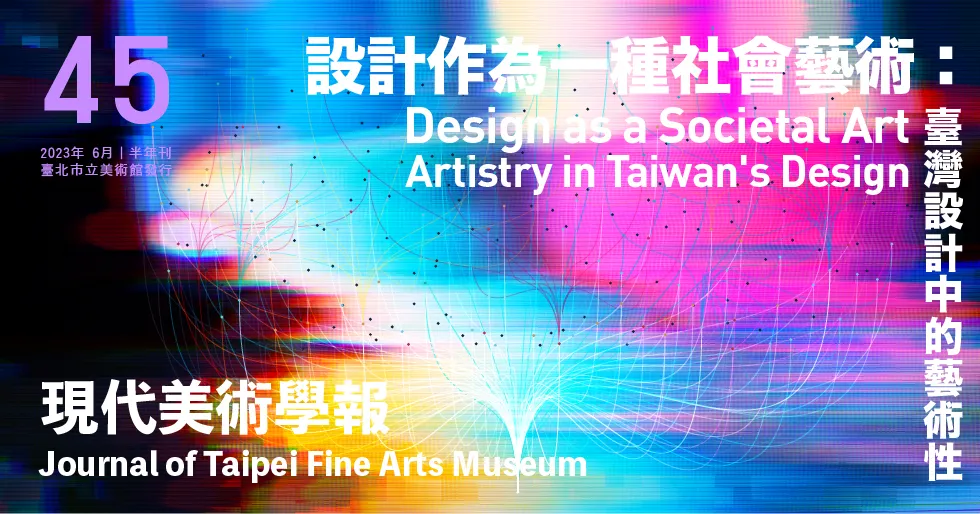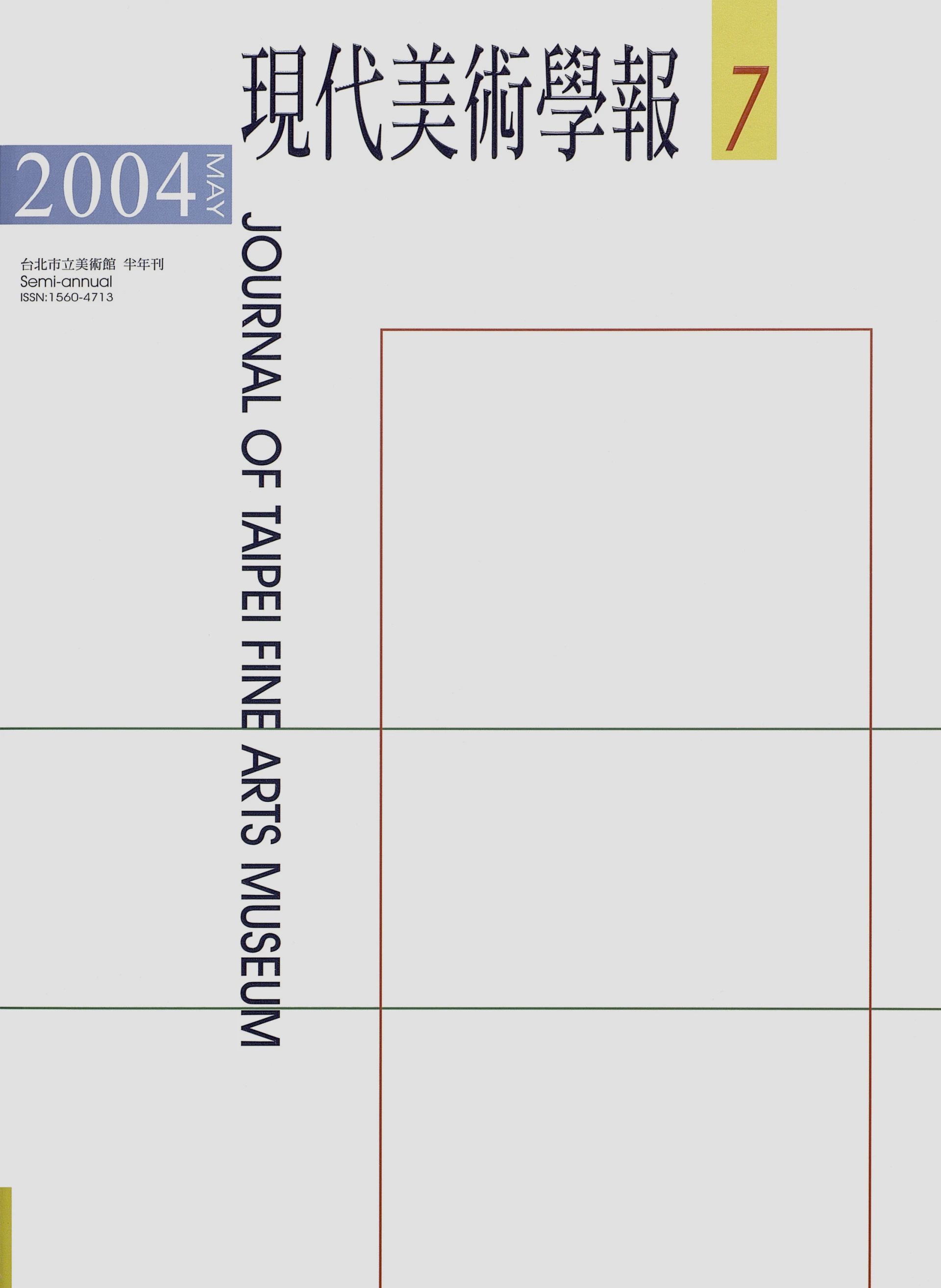摘要
美國藝術家羅森柏格最常被引用的一句話是「繪畫與藝術和生活這兩件事都有關,但是兩方面都無法達成,我企圖要在藝術和生活的空隙間工作。」他也說:「我們沒有理由不去相信這世界就是一幅巨幅的繪畫。」本文的目的就在於檢視藝術與生活的這個課題如何在的羅森柏格的「串連繪畫」作品中實踐。雖然「串連繪畫」一詞已是藝術領域裡用以指示羅森柏格在五〇年代中期以後至六〇年代初結合了平面繪畫以及立體雕塑作品之專有名詞,但是,不同的作者在使用這一專有名詞時,還是有部分模糊不清的情況,因此在探討「串連繪畫」作品之形式與內容之前,本文首先釐清「串連繪畫」之詞義。其次,從「串連繪畫」的形式切入,希望藉由外觀形式與組構形式之分析,並證以藝術家個人在處理材料上的態度,來探討「串連繪畫」如何藉其形式明示其藝術與生活結合之概念;經由「串連繪畫」形式之探討,「串連繪畫」有無主題與內容的問題將顯得更為弔詭;那些在「混亂形式」統馭下的紛雜來歷之物件與影像究竟是否具有統一的主題;它們與羅森柏格的創作觀又有何關聯一在「串連繪畫」的內容部分,本文將針對這一個在史家與藝評間困擾了許久才終於明朗化的問題加以說明;而在探討「串連繪畫」有無主題內容的同時,「串連繪畫」背後的企圖一藝術與生活結合之概念一也將藉此揭示。透過分別從觀念來源以及作品形式與內容兩方面的分析,羅森柏格「串連繪畫」中藉以演繹其藝術與生活結合概念的基本特質,例如「表演性質」、「異質並列」、「變異性」、與「包容性」將被一一揭示。
關鍵詞
羅柏特.羅森柏格,約翰.卡吉,馬歇爾.杜象,禪,串連繪畫
Abstract
American artist Robert Rauschenberg has often been quoted by "Painting relates to both art and life. Neither can be made. I try to act in that gap between the two." And he said there is no reason not to consider the world as one gigantic painting.”This study is to explore how the concept practiced in his combine paintings. While the art term "combine paintings" generally refers to Rauschenberg's works that incorporates real objects into the painted surface from the middle of fifties to the sixties, but various writers have used the term differently. It is necessary to define the term before the discussion about the combine paintings. The "art/life" concept will be examined through the two aspects of formal elements and the content. Can the objects and imagery in every single combine painting, juxtaposed in random order, be interpreted into an organized content? The study will give a survey of the debate upon the content of the combine paintings and give a conclusion that the theme of "art/life" reveals itself through the formal characters: performance quality, heterogeneity, variety, and inclusion.
Keywords
Robert Rauschenberg, John Cage, Marcel Duchamp, Zen, Combine Paintings






